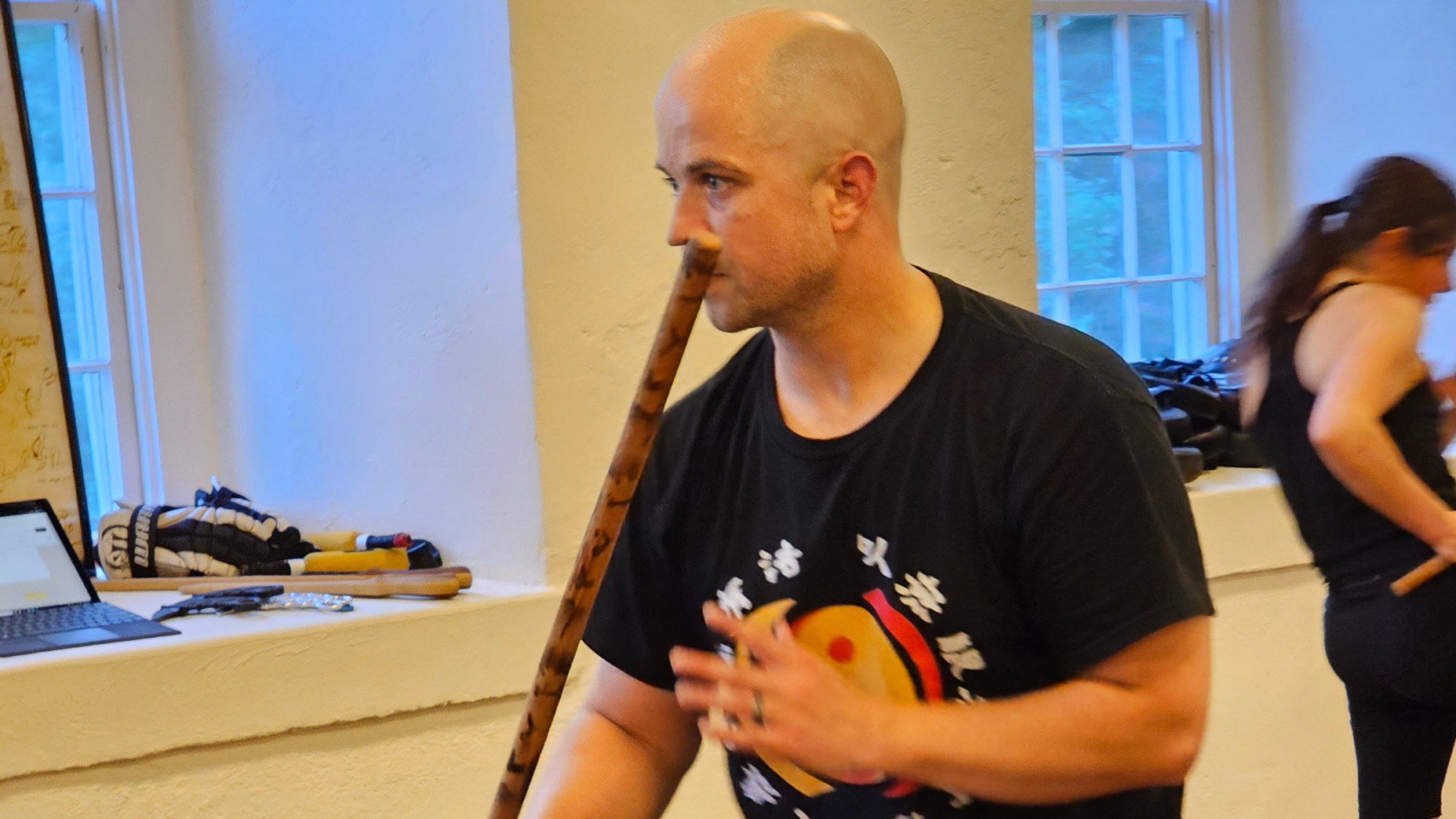Echoes of the Samurai: How Yagyu Munenori's Zen Teachings Shaped Bruce Lee and the Art of Jeet Kune Do

Yagyu Munenori was a renowned swordsman, strategist, and philosopher who lived in Japan during the 17th century. He was the founder of the Yagyu Shinkage-ryu school of swordsmanship and authored the "Heiho Kadensho," a classic text on martial arts philosophy. One of his most famous quotes is, "I am moving and not moving at all. I am like the moon underneath the waves that ever go on rocking and rolling." This quote has become a cornerstone of Zen teachings, influencing martial artists across different disciplines, including Bruce Lee and Jeet Kune Do (JKD) practitioners.
Yagyu Munenori's quote expresses a fundamental principle in Zen Buddhism - the notion of non-duality or non-dual awareness. It means seeing reality as it is, beyond dualistic concepts such as good or bad, right or wrong, self or other. In this sense, "moving and not moving" refers to being present in one's actions while remaining aware of one's surroundings without attachment or resistance. It's like being the moon beneath the waves - always there but never fixed or attached to any particular wave.
Bruce Lee was deeply influenced by Eastern philosophy, particularly Zen Buddhism, Taoism, and JKD principles. This quote of Munenori was included in his notes and published posthumously in the Tao of Jeet Kune Do. He saw martial arts not only as a means of self-defense but also as a path towards personal growth and spiritual development. Lee integrated many Zen teachings into his JKD philosophy, emphasizing spontaneity, adaptability, simplicity, directness, economy of motion, and non-dual awareness.
For instance, JKD practitioners must be "like water," able to flow with whatever comes their way without resisting or forcing anything. They must be "empty-minded," free from preconceived notions or conditioned responses, allowing their instincts to guide them. They must be "formless," able to adapt to any situation or opponent without being limited by fixed techniques or styles. And they must be "present-centered," fully engaged in the moment without being distracted by past or future concerns.
Yagyu Munenori's quote also applies to daily life, not just martial arts practice. It reminds us that we can be both active and still, both engaged and detached, both flexible and firm. We can learn to navigate through life's challenges with grace and ease, trusting our intuition and inner wisdom. We can cultivate a non-dual awareness that sees beyond the surface of things, recognizing the interconnectedness of all phenomena.
In essence, Yagyu Munenori's quote reflects the essence of Zen teachings - the realization that we are not separate from the world but rather an integral part of it. We are like the moon beneath the waves - always there but never fixed or attached to any particular wave. We can move and not move at all, adapting to whatever comes our way with equanimity and mindfulness.
Yagyu Munenori's quote has become a timeless teaching for martial artists and spiritual seekers alike. Its influence on Bruce Lee and Jeet Kune Do is evident in their emphasis on non-dual awareness, spontaneity, adaptability, simplicity, directness, economy of motion, and present-centeredness. As JKD practitioners strive towards mastery of their art, they also cultivate a deeper understanding of themselves and their place in the world. They learn to be like the moon beneath the waves - always there but never fixed or attached to any particular wave.


